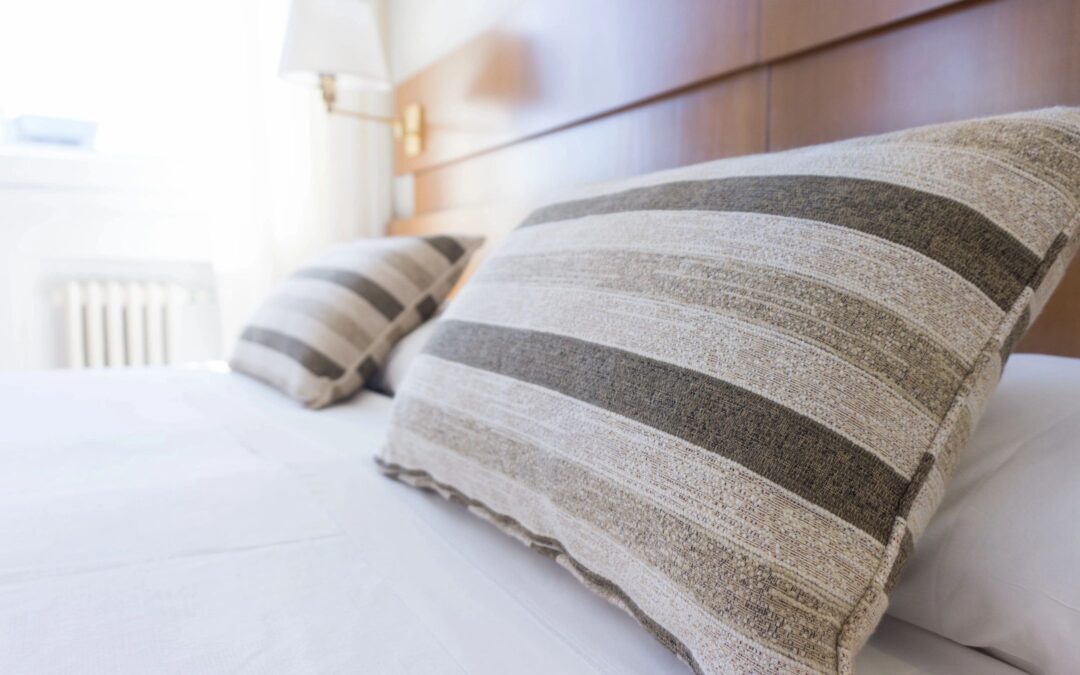
by Sarah Geers | Apr 12, 2023 | PTAB News, PTAB Trial Basics
By Sarah Geers and Ashvi Patel – In its second-ever Final Written Decision in a derivation proceeding, the Patent Trial and Appeal Board (“PTAB”) determined that a patent application for a biocidal composition and method of producing said biocidal...

by Matthew Johnson | Apr 7, 2023 | Final Written Decisions, PTAB Trial Basics
By Christian Roberts and Matt Johnson – Petitioners should be cautious of introducing a new theory in a Petitioner Reply before the PTAB. On February 7, 2023, the Patent Trial and Appeal Board (“PTAB”) entered a final written decision declining to find any...

by Matthew Johnson | Mar 30, 2023 | Final Written Decisions, PTAB News, PTAB Trial Basics
By Sue Gerber and Matt Johnson – An IPR “shall be terminated with respect to any petitioner upon the joint request of the petitioner and patent owner, unless the Office has decided the merits of the proceeding before the request for termination is filed.” 35...

by Matthew Johnson | Mar 22, 2023 | PTAB News, PTAB Trial Basics
By Matt Chung and Matt Johnson – On February 24, 2023, Director Kathi Vidal issued a decision under director review granting rehearing and modifying the final written decision for Nested Bean, Inc. v. Big Beings USA Pty. Ltd. Nested Bean, Inc. (“Nested Bean”)...

by David Maiorana | Feb 6, 2023 | Joinder, PTAB News, PTAB Trial Basics, Trial Institution
By David Linden and Dave Maiorana – On September 1, 2022, CommScope, Inc. (“CommScope”) filed a Petition for inter partes review (“IPR”) of claims 8–10, 15, 24–26, and 31 of U.S. Patent No. 8,462,835 (“the ’835 Patent”) in IPR2022-01443 (“the ’443 IPR”). The...

by John Marlott | Jan 5, 2023 | Amendment Practice, PTAB News, PTAB Trial Basics
By Sachin Patel and John Marlott – The Federal Circuit has upheld the PTAB’s relatively liberal approach to proposed claim amendments in an IPR, holding that so long as a proposed substitute claim includes an amendment made in response to an...







